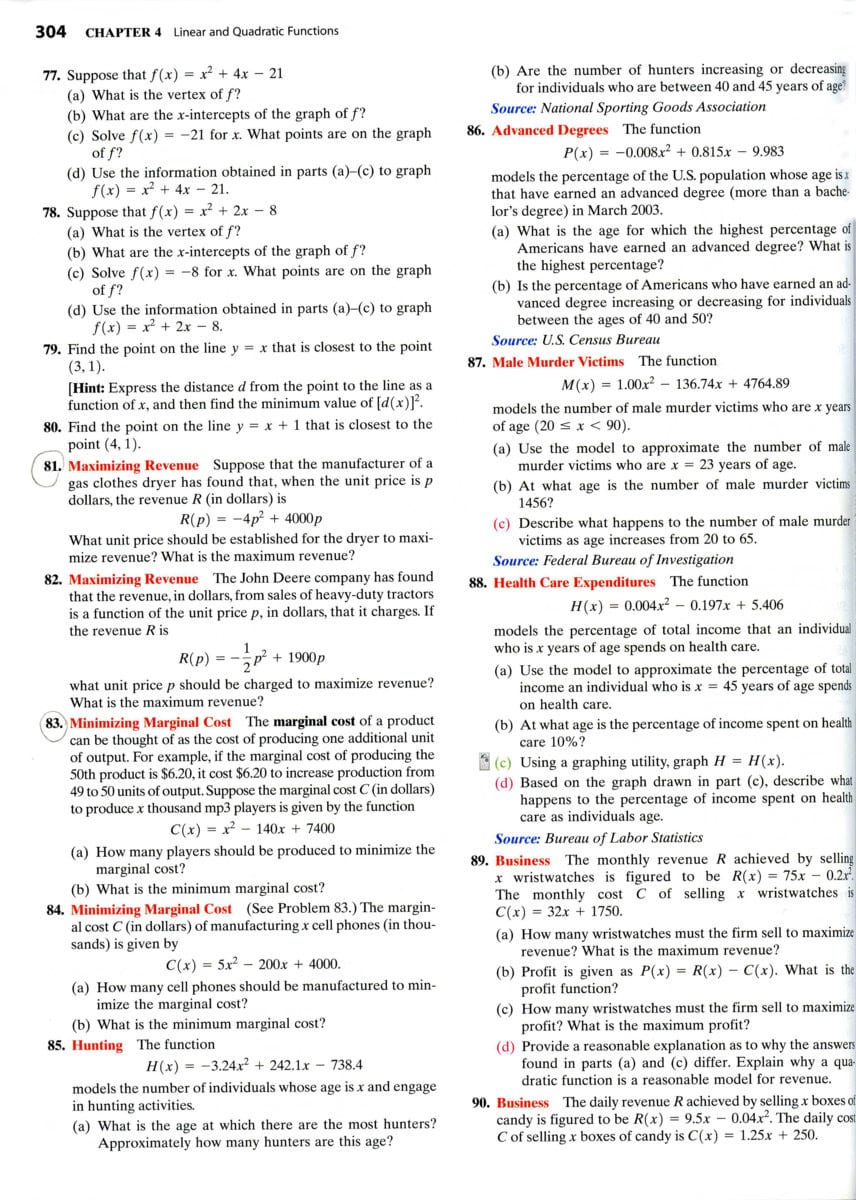Hunter Ed Answers: Your Ultimate Guide To Ace The Hunter Safety Course
Hunter education is an essential requirement for anyone looking to obtain a hunting license in most states across the United States. If you're preparing for your hunter safety exam, you're likely searching for reliable hunter ed answers to help you succeed. This comprehensive guide will provide you with the information you need to not only pass the exam but also become a responsible and knowledgeable hunter.
Hunter education courses are designed to teach aspiring hunters the skills, knowledge, and ethics necessary to ensure safe and responsible hunting practices. Whether you're a beginner or an experienced hunter, mastering the material covered in these courses is crucial for your success both in the exam and in the field.
In this article, we'll explore everything you need to know about hunter ed answers, including key concepts, frequently asked questions, and tips to help you prepare effectively. Let's dive in!
Read also:Discovering The Shinkansen Japans Iconic Highspeed Rail System
Table of Contents
- Introduction to Hunter Ed
- Importance of Hunter Education
- Hunter Ed Course Structure
- Common Hunter Ed Questions
- Tips to Pass the Hunter Ed Exam
- Hunter Ed Answers Strategies
- Hunter Safety Tips
- Hunter Ethics
- FAQs About Hunter Ed
- Conclusion
Introduction to Hunter Ed
Hunter education, commonly referred to as "Hunter Ed," is a mandatory program in many states that aims to promote safe and ethical hunting practices. It covers a wide range of topics, from firearm safety to wildlife conservation, ensuring that hunters are well-prepared before heading into the field.
What is Hunter Ed?
Hunter Ed refers to the educational courses required by state wildlife agencies for individuals seeking a hunting license. These courses are designed to equip hunters with the knowledge and skills necessary to hunt safely and responsibly. The curriculum typically includes topics such as firearm handling, hunting laws, survival skills, and environmental stewardship.
History of Hunter Education
Hunter education programs were first introduced in the mid-20th century in response to growing concerns about hunting-related accidents. Over the years, these programs have evolved to include modern technologies and teaching methods, making them more accessible and engaging for participants.
Importance of Hunter Education
Hunter education plays a critical role in reducing hunting accidents and promoting conservation efforts. By emphasizing safety, ethics, and responsibility, these programs ensure that hunters are well-prepared to contribute positively to the hunting community and the environment.
Benefits of Hunter Education
- Reduces hunting-related accidents
- Promotes ethical hunting practices
- Enhances knowledge of wildlife conservation
- Prepares hunters for real-life scenarios
Hunter Ed Course Structure
Hunter education courses are typically structured into several modules, each focusing on a specific aspect of hunting safety and ethics. Participants can choose between online courses, in-person classes, or a combination of both, depending on their preferences and availability.
Online vs. In-Person Courses
Both online and in-person hunter education courses have their advantages. Online courses offer flexibility and convenience, while in-person classes provide hands-on experience and direct interaction with instructors.
Read also:Best Stocks To Buy Now Why 5starsstockscom To Buy Is Your Ultimate Guide
Common Hunter Ed Questions
Aspiring hunters often have questions about the hunter education program, especially regarding the exam and its content. Below are some frequently asked questions and their answers:
What to Expect in the Hunter Ed Exam?
The hunter ed exam typically consists of multiple-choice questions that assess the participant's understanding of the course material. Topics covered include firearm safety, hunting laws, and wildlife conservation.
Tips to Pass the Hunter Ed Exam
Preparing for the hunter ed exam requires dedication and focus. Here are some tips to help you succeed:
Study Tips for the Hunter Ed Exam
- Review the course material thoroughly
- Practice with sample questions
- Take notes during the course
- Participate in hands-on activities
Hunter Ed Answers Strategies
Understanding the strategies behind hunter ed answers can significantly improve your chances of passing the exam. Here are some effective techniques:
Understanding the Questions
Read each question carefully to ensure you fully understand what is being asked. Look for keywords that indicate the type of answer required, such as "true or false" or "multiple-choice."
Eliminating Wrong Answers
If you're unsure of the correct answer, try eliminating the options that are clearly incorrect. This process of elimination can increase your chances of selecting the right answer.
Hunter Safety Tips
Safety is a top priority in hunter education. Here are some essential tips to keep in mind:
- Always point your firearm in a safe direction
- Keep your finger off the trigger until ready to shoot
- Be aware of your surroundings at all times
Hunter Ethics
Hunter ethics are an integral part of responsible hunting. Ethical hunters respect wildlife, other hunters, and the environment. Here are some key principles of hunter ethics:
- Respect wildlife and their habitats
- Follow hunting laws and regulations
- Practice fair chase
FAQs About Hunter Ed
Here are some frequently asked questions about hunter education:
How Long Does It Take to Complete Hunter Ed?
The duration of hunter education courses varies depending on the format and state requirements. On average, it takes about 10-12 hours to complete the course, including both study and exam time.
Can I Take Hunter Ed Online?
Yes, many states offer online hunter education courses. However, some states may require an additional in-person field day or certification session.
Conclusion
Hunter education is a vital step in becoming a responsible and knowledgeable hunter. By understanding the course material and utilizing effective study strategies, you can confidently pass the hunter ed exam and contribute positively to the hunting community. Remember to prioritize safety, ethics, and conservation in all your hunting endeavors.
Take action today by signing up for a hunter education course and start your journey toward becoming a skilled and responsible hunter. Share this article with fellow hunters and explore more resources on our website to enhance your hunting knowledge.
Article Recommendations

